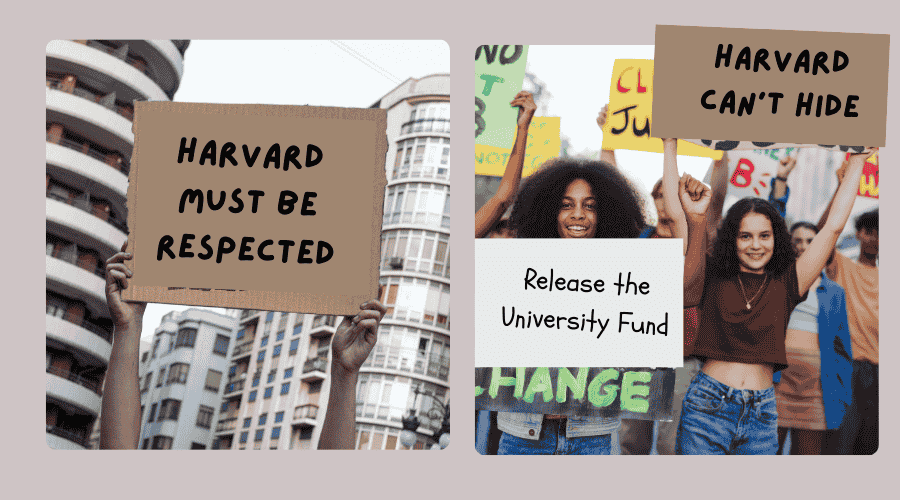In the wake of Harvard University’s bold decision to reject the Trump administration’s sweeping demands, students, faculty, and higher education leaders across the country are rallying in support, framing the move as a principled stand for academic freedom and institutional independence.
On Monday, Harvard formally refused to comply with a list of directives from the White House that included monitoring international students, restructuring governance, reporting campus activism, and discontinuing diversity, equity, and inclusion (DEI) programs.
Hours later, the Trump administration froze more than $2.3 billion in federal grants and contracts to the university, triggering both financial uncertainty and widespread celebration from within the Harvard community.
“If Harvard can’t do it, then who can?” said Michael Bronski, a professor in the Studies of Women, Gender, and Sexuality program. “It’s always right to make the most moral decision.”
In an open letter, Harvard President Alan Garber called the administration’s demands “an attempt to control the Harvard community” and vowed that the university would not “surrender its independence or relinquish its constitutional rights.” His stance was echoed across campus and beyond, with students cheering the institution’s resistance during spontaneous gatherings held in Harvard Yard.
Campus Response and National Support
The federal government had sought to impose a series of controversial reforms, such as conditioning international student acceptance on alignment with “American values,” reporting student conduct violations to Homeland Security, and placing external auditors across academic departments. Harvard’s legal counsel argued these conditions were not only extreme but unconstitutional.
Reactions from academia have been swift. Maya Jasanoff, a history professor at Harvard, said the scope of the proposed changes would have upended nearly every facet of academic life. “What I write, what I teach, who I work with—it all would’ve been affected,” she said.
Leaders from over 60 universities and colleges have signed open letters supporting Harvard’s defiance. Michael Roth, president of Wesleyan University, emphasized that “federal funding for universities must not depend on a loyalty oath.”
The decision has also begun to influence peer institutions. Columbia University, which had previously agreed to partial compliance, is reportedly reassessing its position. Columbia’s acting president Claire Shipman described Harvard’s decision as “important and potentially galvanizing.”
Related post: Trump Administration Begins Cutting Maine’s Federal K-12 Education Funds
Still, the Trump administration remains firm. On social media, President Donald Trump suggested Harvard’s tax-exempt status should be revoked, accusing the university of advancing a political agenda. The Education Department responded to Harvard’s stance by criticizing what it called a “troubling entitlement mindset.”
With billions at stake and the broader autonomy of higher education institutions on the line, Harvard’s decision may set a precedent. As one professor noted, “This isn’t just about Harvard. It’s about whether universities can remain places of open inquiry and independent governance.”

